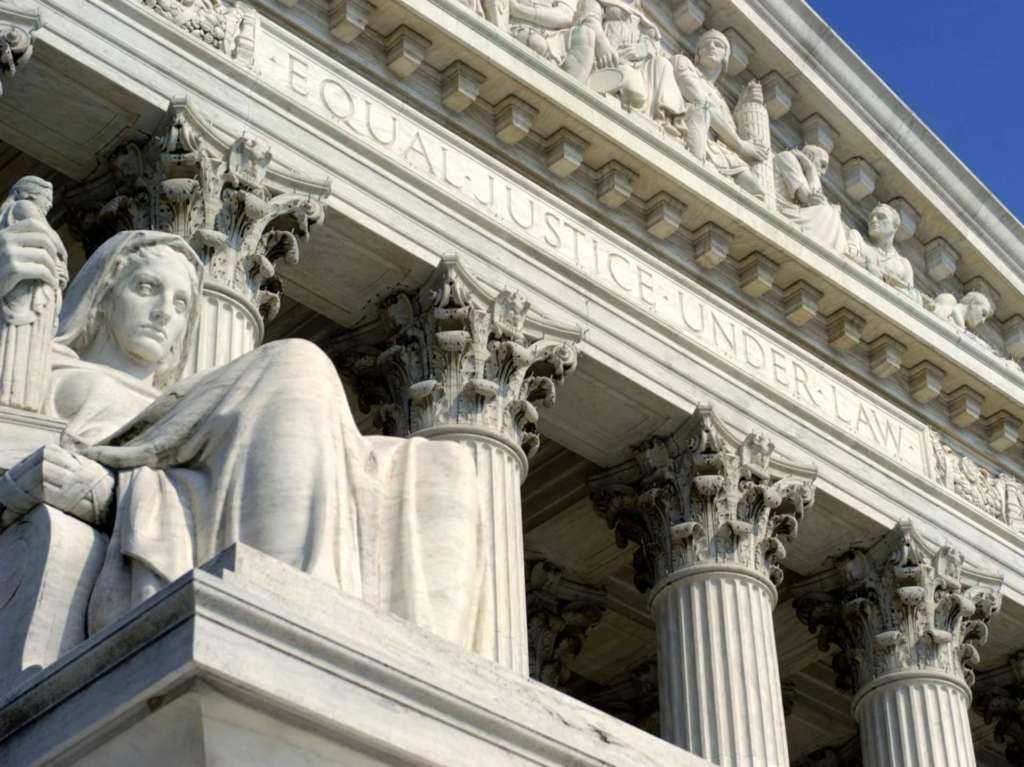Kendall and Bexar County Estate Planning
Texas Estate Planning Blog


Shawn McCammon is the founder and managing shareholder of McCammon Law. Shawn has been practicing for over 20 years, starting off in litigation before working in-house as a corporate attorney, and finally opening his own firm in 2009.
Many people get these two things confused. A recent article, “Appreciating the differences between probate and trust administration,” from Lake County News clarifies the distinctions.
Let’s start with probate, which is a court-supervised process. To begin the probate process, a legal notice must be published in a newspaper and court appearances are needed. However, to start trust administration, a letter of notice is mailed to the decedent’s heirs and beneficiaries. Trust administration is far more private, which is why many people chose this path.
In the probate process, the last will and testament and any documents in the court file are available to the public. While the general public may not have any specific interest in your will, estranged relatives, relatives you never knew you had, creditors and scammers have easy and completely legal access to this information.
If there is no will, the court documents that are created in intestacy (the heirs inherit according to state law), are also available to anyone who wants to see them.
In trust administration, the only people who can see trust documents are the heirs and beneficiaries.
There are cost differences. In probate, a court filing fee must be paid for each petition. There are also at least two petitions from start to finish in probate, plus the newspaper publication fee. The fees vary, depending upon the jurisdiction. Add to that the attorney’s and personal representative’s fees, which also vary by jurisdiction. Some are on an hourly basis, while others are computed as a sliding scale percentage of the value of the estate under management. For example, each may be paid 4% of the first $100,000, 3% of the next $100,000 and 2% of any excess value of the estate under management. The court also has the discretion to add fees, if the estate is more time consuming and complex than the average estate.
For trust administration, the trustee and the estate planning attorney are typically paid on an hourly basis, or however the attorney sets their fee structure. Expenses are likely to be far lower, since there is no court involvement.
There are similarities between probate and trust administration. Both require that the decedent’s assets be collected, safeguarded, inventoried and appraised for tax and/or distribution purposes. Both also require that the decedent’s creditors be notified, and debts be paid. Tax obligations must be fulfilled, and the debts and administration expenses must be paid. Finally, the decedent’s beneficiaries must be informed about the estate and its administration.
The use of trusts in estate planning can be a means of minimizing taxes and planning for family assets to be passed to future generations in a private and controlled fashion. This is the reason for the popularity of trusts in estate planning.
Reference: Lake County News (July 4, 2020) “Appreciating the differences between probate and trust administration”
Boerne/San Antonio Office
138 Old San Antonio Rd.
Suite 504
Boerne, TX 78006
